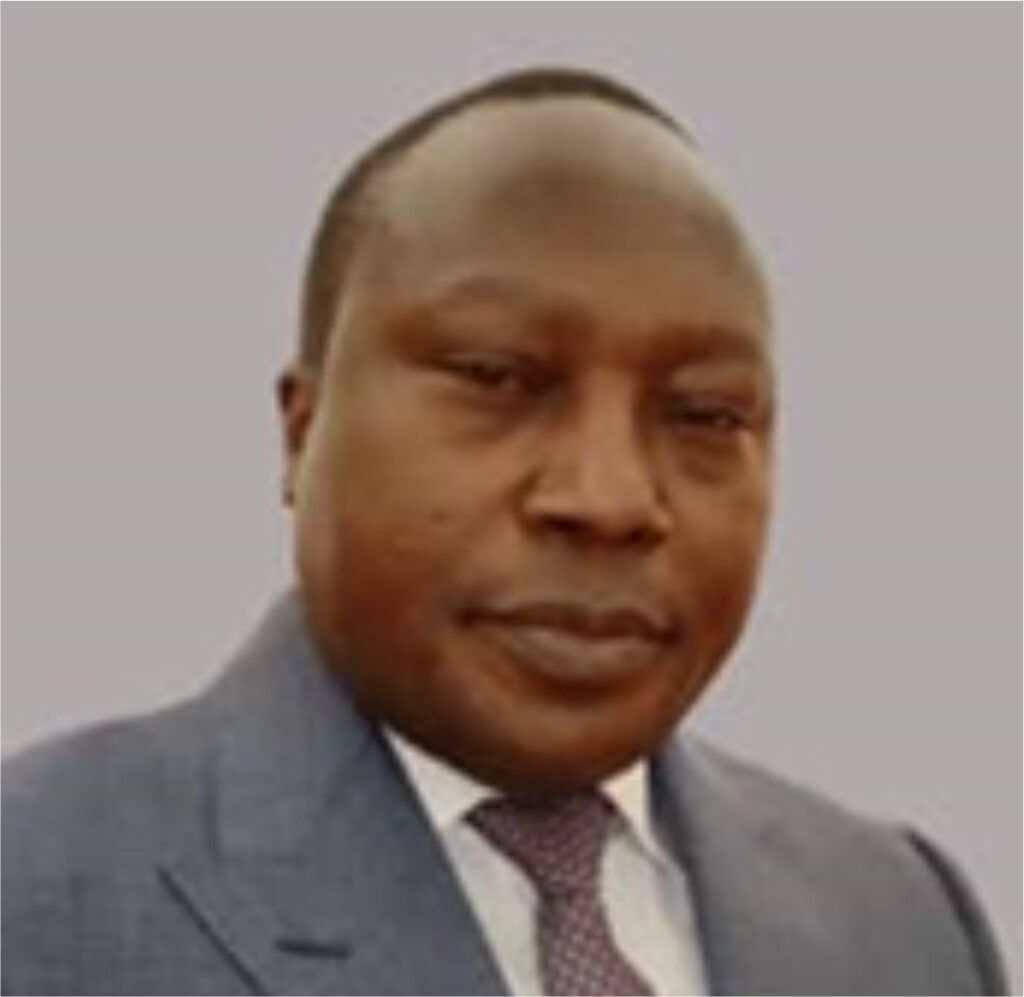
Dr Paul Igwe
Project Lead – Women in Higher Education Leadership, funded by British Council – Gender Equality Partnership programme. Also, Project Lead – Innovation and Entrepreneurship for Higher Education (IE4HE), funded by British Council – Innovation for African Universities programme.
Dr Paul Igwe
PROFILE
Dr Paul Igwe is an Associate Professor of Entrepreneurship and Innovation at University of Lincoln, UK. Currently, Programme Leader BA (Hons) Business with Entrepreneurship, Regional Academic Lead – West and East Africa, and University Lead – Decolonising research project. He has founded and led several entrepreneurial projects following a PhD, MSc and BSc education. He is passionate about how entrepreneurship can be used to bridge the gap between higher education and employability skills as we as how entrepreneurship ecosystem could be supported to reduce the high rate of unemployment and poverty in Africa.
Currently, Professor Igwe Lead the project – Women in Higher Education Leadership (WIHEL), funded by British Council – Gender Equality Partnership programme. Also, Project Lead – Innovation and Entrepreneurship for Higher Education (IE4HE), funded by British Council – Innovation for African Universities (IAU) programme as well as the project – Capacity-building towards Future-proof ecosystem (CB-FPE) funded by British Council – IAU programme.
Other positions held by Dr Igwe include, visiting Professor of Entrepreneurship and Innovation, Coal City University, Enugu, Nigeria; visiting scholar Covenant University Ota, Nigeria; visiting Scholar, Durban University of Technology, South Africa and Senior Research Fellow of INTI International University, Malaysia.
Professor Igwe is a founding member of UNESCO Chair on Sustainable Development and Foresight at University of Lincoln. He has published over 70 articles in internationally top ranked Journals such as Studies in Higher Education, International Journal of Entrepreneurial Behaviour Research, Politics & Policy, International Journal of Entrepreneurship & Innovation, Innovations in Education and Teaching International, etc. Also, he has co-edited four (4) Textbooks and contributed over 15 Book Chapters on diversity of concepts, theories and contexts.

Bridging the gap in participation of women in Senior Management positions in the Nigerian Higher Education.

